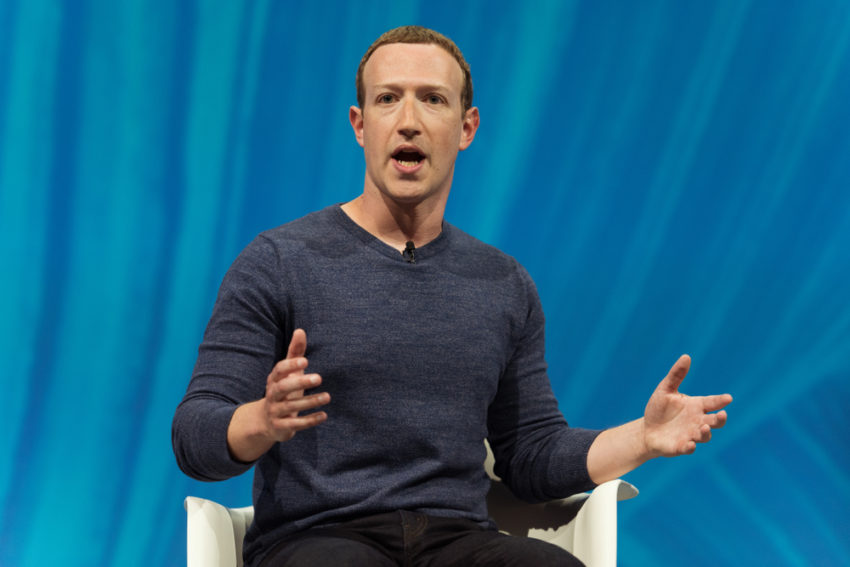Facebook faces a new controversy over alleged tactics it used to discredit its critics, embarrass rival firms and downplay problems at the company.
The New York Times has published a wide-ranging account of the methods Facebook and a public relations firm used to “deny and deflect” criticism.
The report has led US lawmakers to call for tighter regulation of social networks.
Facebook has denied several of the claims.
The New York Times report claimed Facebook:
- urged reporters to investigate whether there were financial links between billionaire George Soros, a prominent philanthropist, and an anti-Facebook movement
- tried to discredit anti-Facebook protesters as anti-Semitic
- ordered the publication of derogatory articles about rivals
- watered down posts about Russian election interference and was slow to act
- considered dragging rival companies into its controversies
The newspaper said PR firm Definers had circulated a document suggesting Mr Soros was the hidden backer of anti-Facebook movement Freedom from Facebook.
The document encouraged journalists to explore the financial connections between anti-Facebook groups and Mr Soros, who is frequently the target of conspiracy theories and anti-Semitic smears.
Mr Soros’s Open Society Foundations said it had not made any grants to support campaigns against Facebook. It said Facebook’s behaviour was “astonishing”.
“Your methods threaten the very values underpinning our democracy,” said its president, Patrick Gaspard.
Responding to the article, Facebook said it had wanted to show that Freedom From Facebook was “not simply a spontaneous grassroots campaign” and that the movement was “supported by a well-known critic of our company”.
It said any suggestion that it had been an anti-Semitic attack was “reprehensible”.
Chief executive Mark Zuckerberg later said that neither he nor chief operating officer Sheryl Sandberg had been “in the loop” about Definers’ actions and added that Facebook would no longer work with the firm.
Sir Nick Clegg – the UK’s former deputy prime minister who recently became Facebook’s head of global policy – will oversee a review of the social network’s use of other lobbyists and will report back on the matter to Ms Sandberg.
Did Facebook try to discredit protesters?
In July, protesters interrupted a House Judiciary Committee hearing where a Facebook executive was giving testimony.
The protesters carried signs showing Mr Zuckerberg and Ms Sandberg as two heads of an octopus, wrapping its tentacles around the world.
The New York Times said Facebook had called Jewish civil rights organisation the Anti-Defamation League and asked them to comment on the sign.
Soon after, the ADL posted a statement calling the image an “anti-Semitic trope”.
Facebook has not responded to this claim.
The ADL said it routinely responded to reports of anti-Semitic slurs and evaluated each one appropriately.


